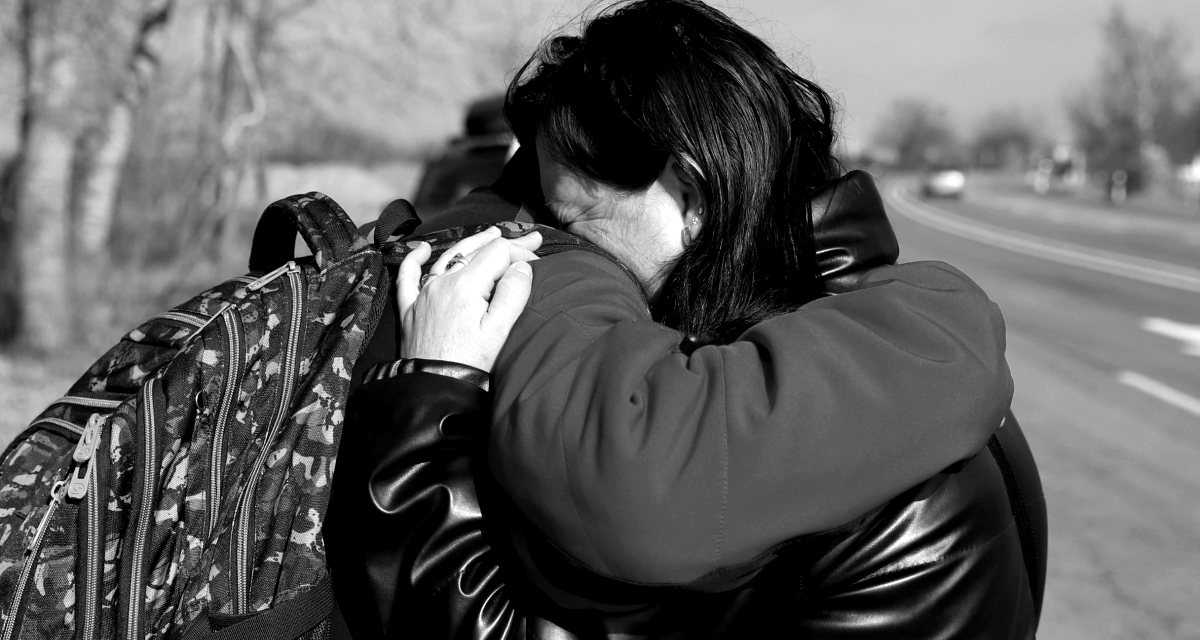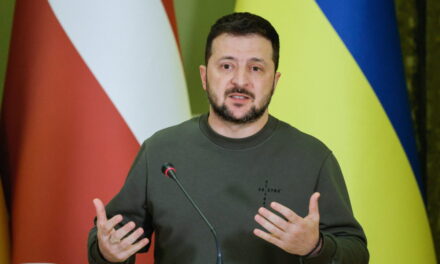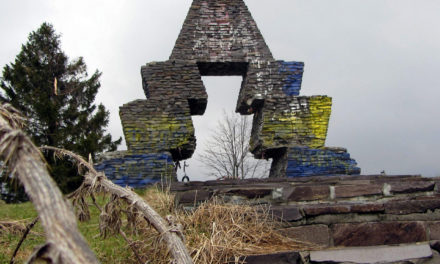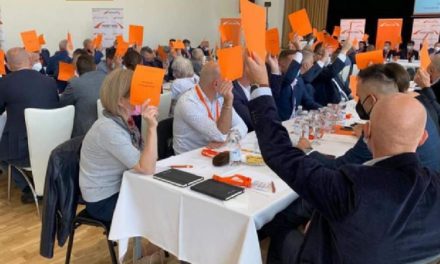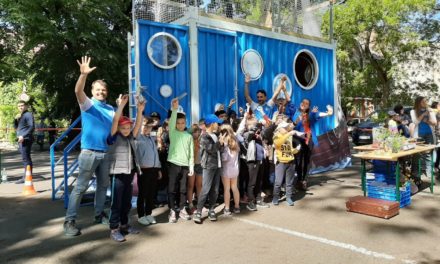"This is the life we have." - father and daughter tell about the fenced Subcarpathia. They are confident that the war will not reach Transcarpathia and that it will not become a world war; and they also hope that the head of the family will not be taken to fight against the Russians. A staff member of mandiner.hu talked to a Hungarian family from Transcarpathia, father and daughter. Since they closed the borders to men, they preferred to stay at home, together, trusting in better days.
"Have a good weekend," 13-year-old Viki greets me at the end of our conversation. The fact that I know that Viki and her father and mother are far from looking forward to a good weekend gives the everyday sentence a strange, throat-tightening feeling.
Because even if the flames of war do not reach Ungvár in Transcarpathia, where they live, they wait with dread to see when their father, Pál, will receive his call-up.
This feeling has defined their lives since the Russians launched an attack on the whole of Ukraine on Thursday morning.
They stayed.
Pál, who is in his forties - that is to say, he is still in military service - had already decided that they would stay. If he were to try to leave the country in violation of the decree prohibiting men between the ages of 18 and 60 from leaving the country, especially if the summons comes in the meantime, he would also risk prison, Hungarian passport here or there. "They know how to trick," we learn.
So that the small family would not be torn apart, everyone stayed in the county seat.
However, as we learn, as soon as the ban is lifted, they immediately set off for Hungary. "If I'm going to work there, I don't want to hear from anyone anymore that 'I don't pay taxes here, don't vote here,' they won't immigrate to Ukraine," he makes a bitter comment about the anti-Hungarian voices at home and abroad, although he adds: "now that here is the war, maybe they will see us as humans too".
Pál is not afraid of making a living: he currently works as a security guard, but he is also good at computers.
"We lived a completely average life until politics turned it upside down," says Pál. Understandably, he is not excited that he can go fight for Ukraine again, as in 2015, when he was already taken to Donetsk for three months.
"They hardly gave me food there, they didn't value me that much. I got money and food from home, just imagine," he enumerates.
The teenager Viki was also quite impressed by his father's courage. As he puts it,
"You know, a real Hungarian won't run, I'll stay with my family, no matter what," he says with conviction.
"The real Hungarian is the one who stands up and helps even in times of trouble," finally declares the head of the family. Little Viki adds: "We have such a life. He sees what human destinies are."
(Mandiner.hu informs that they know the identity of the characters in the article, but decided for their safety not to publish it despite their express permission.)
Source and full article: mandiner.hu/Zoltán Veczán
Featured image: Reuters / Bernadett Szabo

